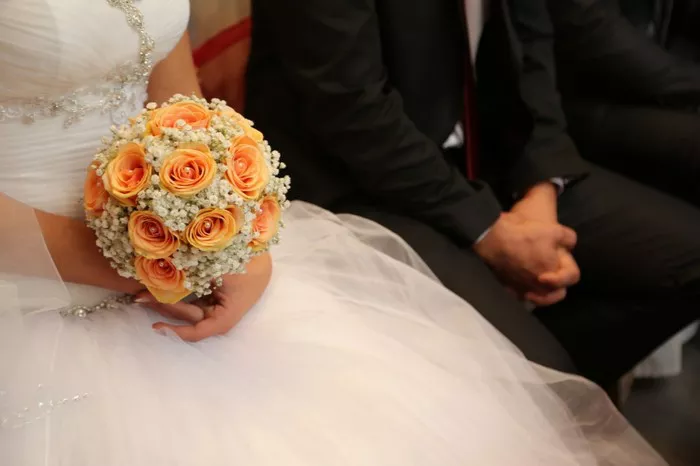In a surprising shift away from traditional celebrations, a growing number of couples are opting for secret weddings in 2025. These private ceremonies, often performed with only the officiant and required witnesses present, represent a fundamental rethinking of what marriage means in modern society. Recent data from marriage license offices in major cities shows a 27% increase in confidential weddings compared to pre-pandemic levels, with millennials and Gen Z couples leading this quiet revolution.
The motivations behind secret weddings vary widely. Some couples cite the exorbitant costs of traditional weddings, while others express discomfort with performing their love for an audience. Many report wanting to keep their union intimate and sacred, free from social media pressures or family expectations. Psychologists note this trend aligns with broader cultural movements toward privacy and authenticity, as younger generations reject the spectacle of curated perfection that dominates Instagram-era weddings.
These secret ceremonies often aren’t the end of celebration but rather the beginning. Many couples follow their private legal ceremony with informal parties or anniversary celebrations, maintaining control over how and when they share their marital status. Wedding planners have adapted by offering “elopement packages” that include photography and romantic touches for the couple alone. Some jurisdictions are even reporting increased requests for confidential marriage licenses that don’t appear in public records.
The secret wedding phenomenon challenges long-held assumptions about marriage as a community event. While some family members struggle with being excluded, many couples report feeling more authentic and less stressed when they remove the performative aspects of weddings. This trend may signal a permanent shift in how society views marriage ceremonies—from public declarations to private commitments with optional celebrations.


